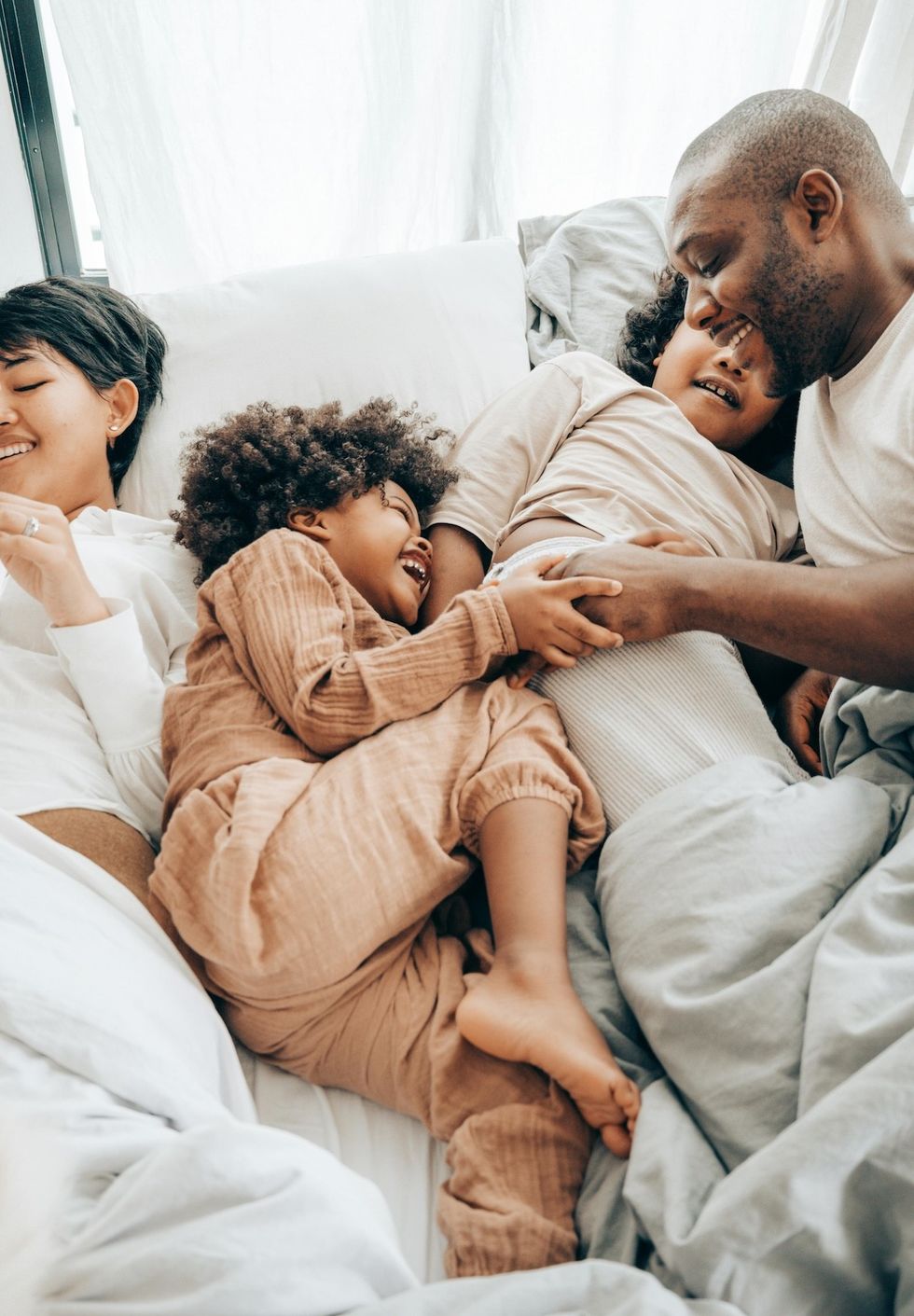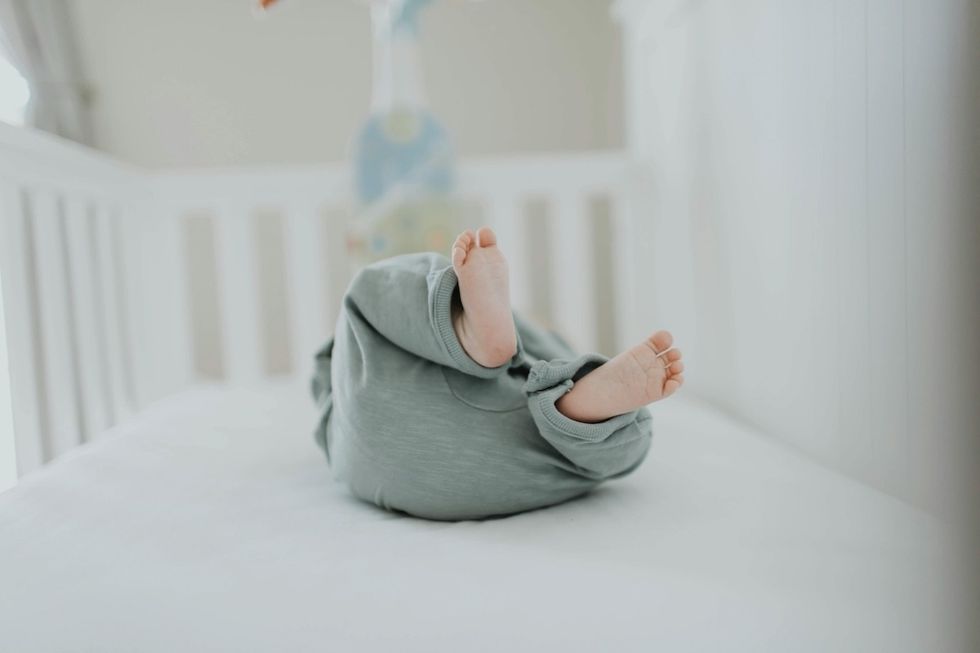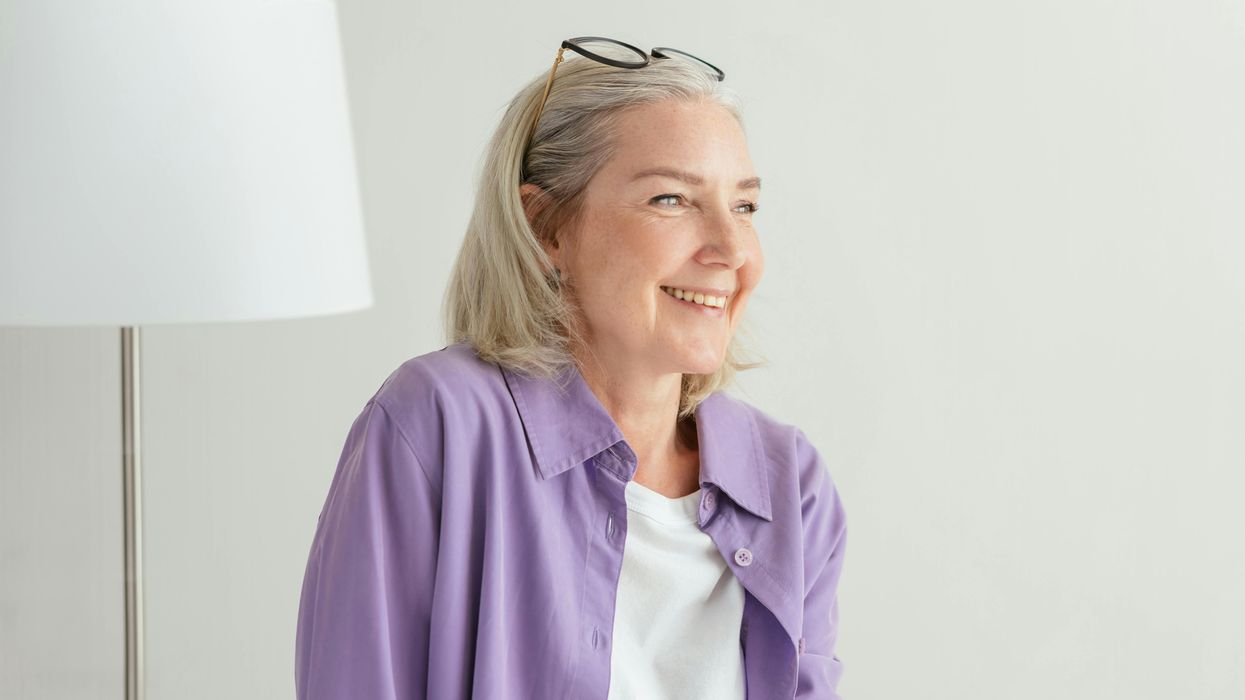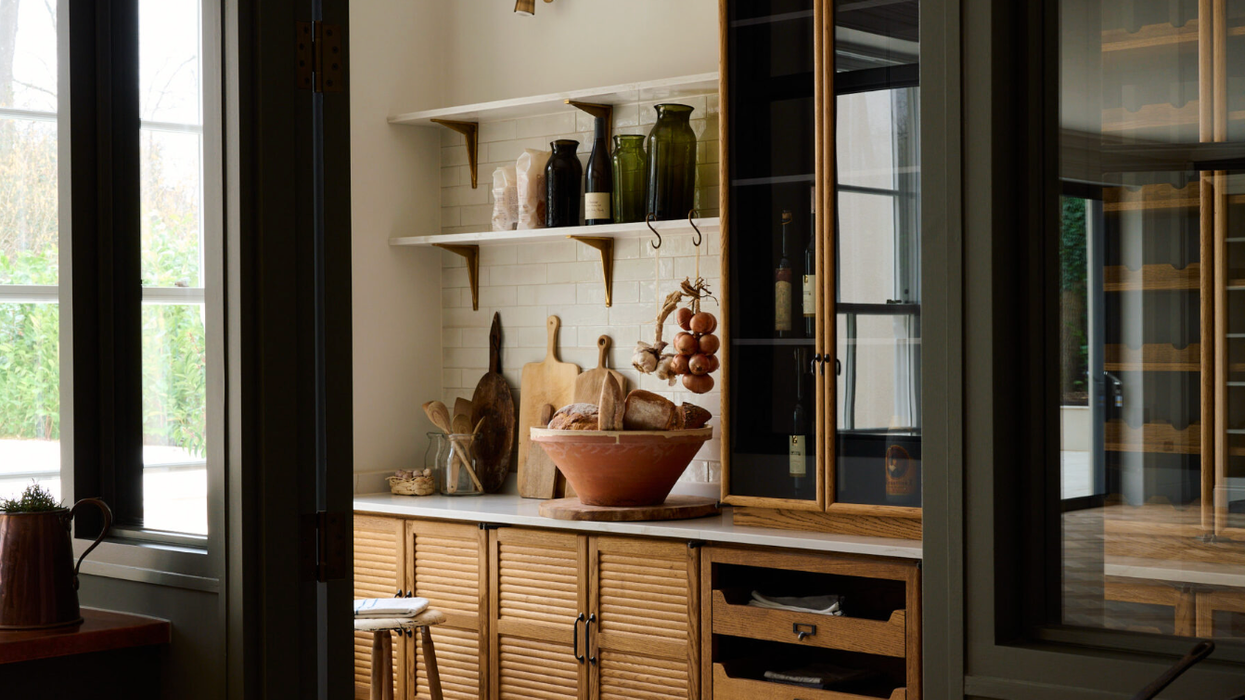Celebrities really are just like us.
Blake Lively & Ryan Reynolds Admitted To This Relatable Parenting Practice. Here's What An Expert Has To Say.

Chloe Williams serves as B+C’s Entertainment Editor and resident Taylor Swift expert. Whether she’s writing a movie review or interviewing the stars of the latest hit show, Chloe loves exploring why stories inspire us. You can see her work published in BuzzFeed, Coastal Review, and North Beach Sun. When she’s not writing, Chloe’s probably watching a Marvel movie with a cherry coke or texting her sister about the latest celebrity news. Say hi at @thechloewilliams on Insta and @popculturechlo on Twitter!

Brit + Co
Co-sleeping, or sharing a bed with your kids, might be the talk of the town right now, but it's actually been around for centuries. "Families choose to [co-sleep] for multiple reasons, sometimes simply because they may only have one bed or one bedroom," says Dr. Chafen Hart, a fellowship-trained pediatric sleep specialist at National Jewish Health. "I think while co-sleeping has enjoyed increased discussion, which is important, it is likely the frequency of co-sleeping is the same as ever."
Co-sleeping is most common with younger children (which makes sense considering how strong separation anxiety is for children between 18 months and 3 years), and generally peters out as a child gets older. While some parents choose not to co-sleep because of the risk of SUIDs (Sudden Unexpected Infant Death, which is more common in infants who share a bed with their parents), children can actually sleep better if they do so independently.

"The parent provides a sleep association which prevents a younger child from effectively napping at daycare or an older child from attending camp or going to a sleepover," Dr. Hart says. "When the child wakes in the middle of the night, they require the parent nearby and touching them to fall back asleep because they have a strong sleep association with co-sleeping."
However, your sleeping arrangements will likely look different from your best friends' or your extended family's because all of your children are different — as are their needs. Sleep issues or significant health issues are just two instances where co-sleeping can actually be beneficial for a child. And if co-sleeping doesn't affect your child at all? Dr. Hart recommends just enjoying the snuggles.
"For families who are content with their arrangement and the child is doing well during the day and has managed to learn the skill of falling asleep independently, I absolutely think they should continue to co-sleep," she says.

If you're worried your child has become too dependent on co-sleeping as they've aged, or if they can't sleep in their own bed at all, Dr. Hart recommends visiting a sleep doctor, therapist, or psychologist.
"In general, treatment should be personalized for the family and my recommendations change based on the age of the child," she says. "For older children who are neurodevelopmentally typical, rewards and gradual extinction of parental presence can work. For younger children, we employ additional strategies like delayed bedtimes [and] sibling co-sleeping."
I slept in the same bed as my sister growing up, and I remember our late night conversations so fondly. Getting to know each other's personalities, fears, and senses of humor at such a young age only ended up strengthening our relationship!

Teaching your child to sleep well is vital for their brain and bodily health, but it's also important for parents to get sleep too! And if you're feeling overwhelmed and under-rested, know you're not alone. "Parents should know they are not alone and that co-sleeping should be a part of the conversation with their doctors," Dr. Hart says. "Pediatricians have heard it all! And some children naturally have a MUCH harder time than others learning the skill of sleeping."

Reynardo Etenia Wongso/Unsplash
Setting expectations, habits, and boundaries early (should you choose to do so) will take time and commitment on your part, but it'll teach your kids "the serious skill of falling asleep with confidence."
"Long term good sleep habits and skills mean the school-aged child will be confident, traveling without anxiety around sleep, falling asleep without serious power struggles which stress the whole family and allowing the parents much needed rest time as well," Dr. Hart says. All this talk is making me sleepy — I gotta try our 5 Best Ways To Beat Fatigue!
Read up on 14 Hilarious And True Quotes About Parenting Teens for some laughs.
Read the AAP's 2022 Updated Recommendations for a Safe Infant Sleeping Environment for more.
Lead image via Matt Winkelmeyer/Getty Images


















